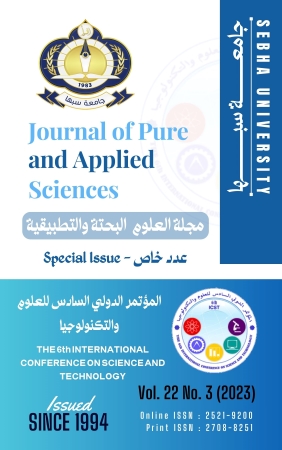Unlocking the Potential of Programming Education: Enhancing Conceptual Understanding and Student Engagement with Sphero SPRK Robot
Abstract
This research investigates the use of the 'Sphero SPRK+' robot as a programming assistant to enhance conceptual understanding and engagement in programming education. The research addresses the challenges of teaching programming and underlines the significance of students understanding programming structures, semantics, syntax and planning. The Sphero robot offers multiple programming options, including graphic blocks, a pictorial command line, and text commands, catering to diverse learning styles. The approach of the study is based on a cognitive learning model, with the Sphero robot providing immediate feedback throughout practising. The experiment incorporates two groups: one using Blocks and the other using JavaScript code with Sphero's assistance. Results suggest that using Sphero SPRK robot enhances programming learning outcomes, particularly for novice learners. Participants express satisfaction with the engaging and practical learning experience, favouring the ease of Blocks for learning programming logic. The study provides significance for educational settings and emphasises the value of robotics and block-based programming in promoting algorithmic thinking and computational skills.
Full text article
Authors
Copyright (c) 2023 Journal of Pure & Applied Sciences

This work is licensed under a Creative Commons Attribution 4.0 International License.
In a brief statement, the rights relate to the publication and distribution of research published in the journal of the University of Sebha where authors who have published their articles in the journal of the university of Sebha should how they can use or distribute their articles. They reserve all their rights to the published works, such as (but not limited to) the following rights:
- Copyright and other property rights related to the article, such as patent rights.
- Research published in the journal of the University of Sebha and used in its future works, including lectures and books, the right to reproduce articles for their own purposes, and the right to self-archive their articles.
- The right to enter a separate article, or for a non-exclusive distribution of their article with an acknowledgment of its initial publication in the journal of Sebha University.
Privacy Statement The names and e-mail addresses entered on the Sabha University Journal site will be used for the aforementioned purposes only and for which they were used.

